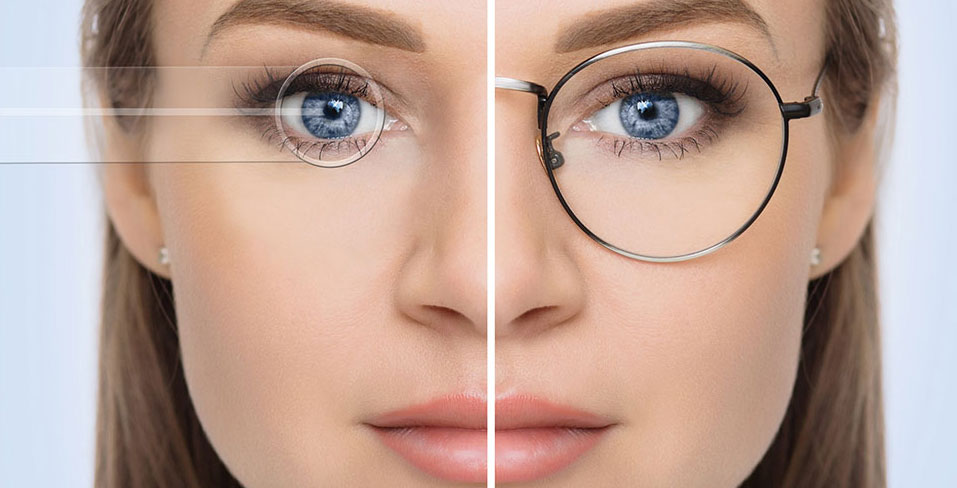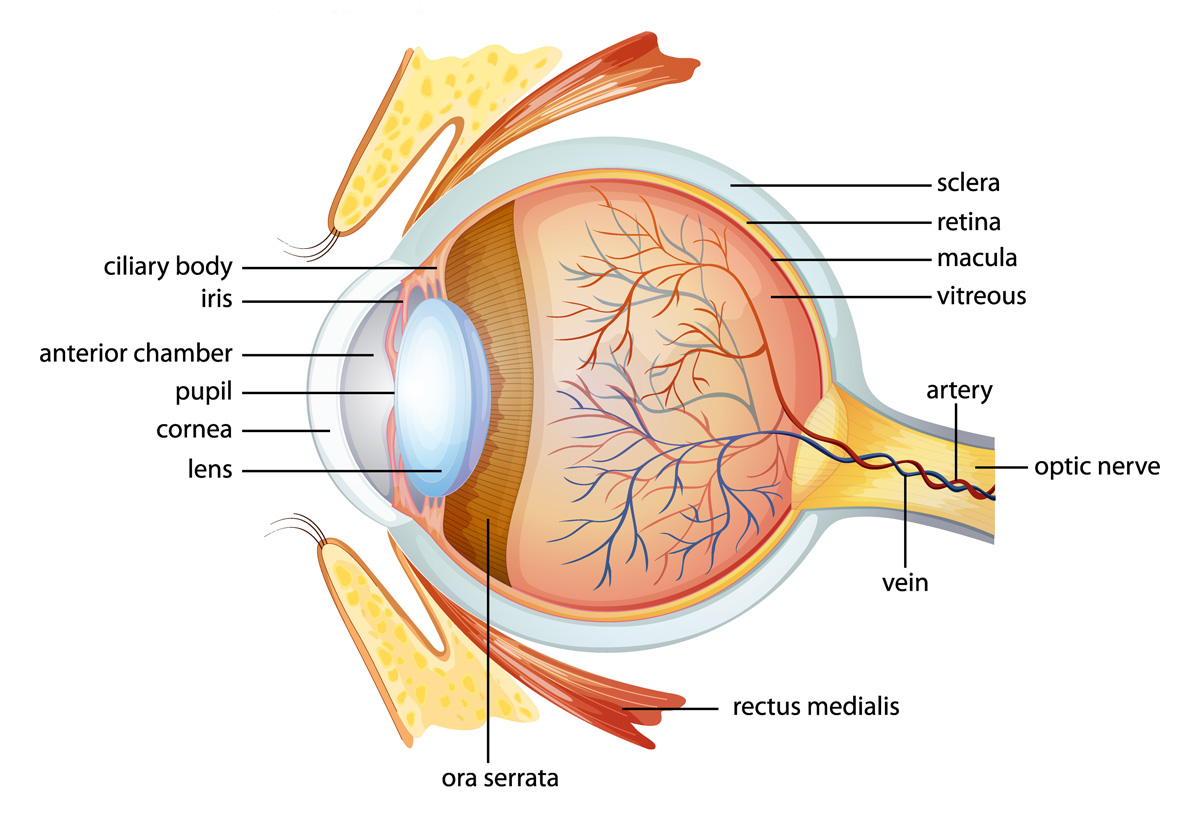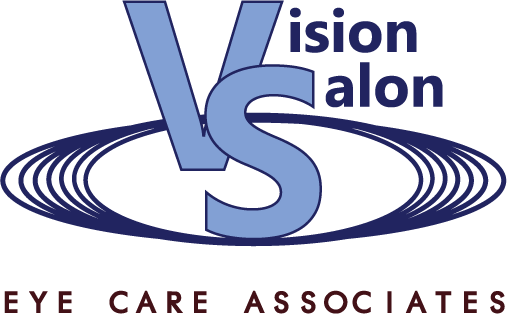Comprehensive
Eye Exam

Comprehensive Eye Exam in Blue Island, IL
Your eyes are a window to your health, and a comprehensive eye exam can reveal underlying health conditions that you may not be aware of. Additionally, some eye diseases have little to no symptoms in the beginning stages, so a comprehensive eye exam is a foundational part of your preventive eye health care.
What is the difference between a vision screening and a comprehensive eye exam?
Vision screening tests can identify vision problems in children or adults, but they cannot provide the same results as a comprehensive eye and vision exam. A comprehensive eye exam looks at both your eye health as well as your vision.

Here are some of the conditions we can identify during a comprehensive eye exam:
- Whether you are nearsighted, farsighted, or have astigmatism.
- Focusing problems, such as presbyopia.
- Other vision problems, such as strabismus, amblyopia, or binocular vision.
- Eye diseases such as glaucoma and diabetic retinopathy.
- Other diseases, such as high blood pressure or high cholesterol, can often be detected in a comprehensive eye exam.
What tests will be part of my comprehensive eye exam?
We will conduct a wide variety of tests to examine both your eye health and vision during your comprehensive eye exam. Tests may include the following:
- A visual acuity test assesses the sharpness of your vision, usually using the “Big E” or Snellen chart.
- A visual field test determines if you have blind spots or peripheral vision issues.
- A cover test checks for strabismus or binocular vision problems.
- The refraction enables us to determine your exact eyeglass prescription. We will use an instrument called a phoropter in front of your eyes and show you a series of lens choices.
- A slit lamp exam enables us to detect common eye diseases and conditions. The instrument allows our optometrist to examine the structure of your eye to assess its health.
- A glaucoma test, known as tonometry, measures the pressure within your eye.
- Dilation of the pupil and ophthalmoscopy allows us to examine your optic nerve, retina, and blood vessels.
How often do I need a comprehensive eye exam?
The American Optometric Association recommends you see us on an annual basis if you wear eyeglasses or contact lenses. We may also recommend more frequent visits if you have diabetes, high blood pressure, or other underlying health conditions that may affect your eye health and vision. Our optometrist will provide a personal recommendation for you to visit us for comprehensive eye exams based on your health history, vision, and eye health needs to ensure you receive the best eye health care. Contact us today for more information or to schedule your eye exam at our office in Blue Island, Illinois.
Can I do an eye exam online?
Online exams are not available through our office. They do not provide the standard of care we feel is necessary for offering the highest quality eye care.
What is included in an eye exam?
Our office provides both routine and wellness exams. The wellness exams covered by vision insurance plans provide a refraction where your eyeglasses prescription is determined as well and a general eye health assessment. The medical eye exam is covered by most medical insurances when there is a medical condition in the eyes that may require further evaluation, diagnostic testing, and medical treatment if indicated.
Is it necessary for the doctor to dilate my pupils during the exam?
Dilation may not be necessary for every exam. However, for most adults we are seeing for the first time or those with a medical condition, we may follow up with a dilation and a in-depth diagnostic evaluation.
How often do I need an eye exam?
We recommend that every patient be proactive in monitoring their eye health and schedule annual eye exams.
What diseases can be detected in an eye exam?
If not treated early on, most systemic diseases can impact the eyes and be sight-threatening and cause visual impairment. The most common cause of adult vision impairment and blindness is diabetes which can be preventable or lessened if caught early. Other systemic conditions like poorly controlled hypertension, autoimmune disease, and even obesity can lead to vision impairment. Observation and analysis of the delicate blood vessels and blood flow within the eye can give us clues about some of the various systemic diseases affecting the eyes.

